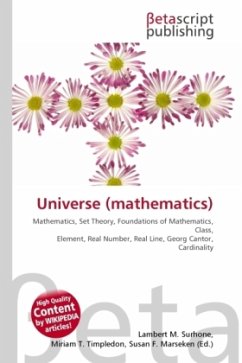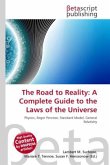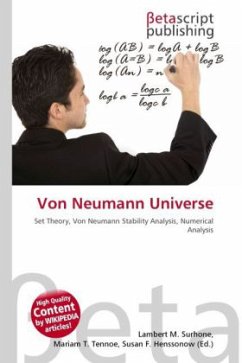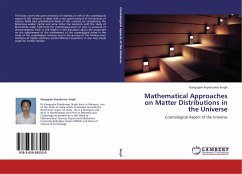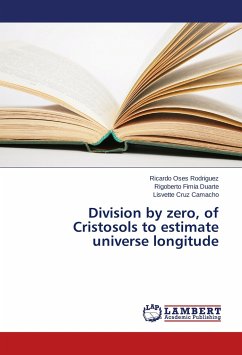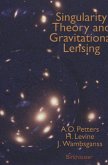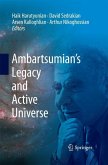High Quality Content by WIKIPEDIA articles! In mathematics, and particularly in set theory and the foundations of mathematics, a universe is a class that contains (as elements) all the entities one wishes to consider in a given situation. There are several versions of this general idea, described in the following sections. Perhaps the simplest version is that any set can be a universe, so long as the object of study is confined to that particular set. If the object of study is formed by the real numbers, then the real line R, which is the real number set, could be the universe under consideration. Implicitly, this is the universe that Georg Cantor was using when he first developed modern naive set theory and cardinality in the 1870s and 1880s in applications to real analysis. The only sets that Cantor was originally interested in were subsets of R.
Bitte wählen Sie Ihr Anliegen aus.
Rechnungen
Retourenschein anfordern
Bestellstatus
Storno

